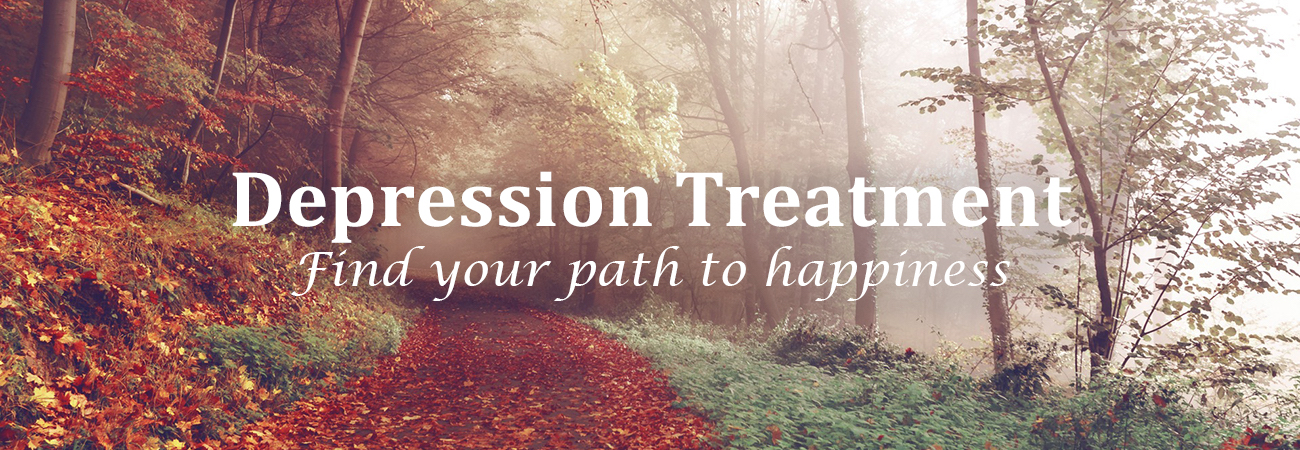WELCOME
Are you are tired of struggling and want to start living?
Are you stuck in addictive behaviours or repeating the same self-defeating patterns?
Do your relationships feel out of control?
Is your home a place of love and comfort or a war zone?
Do you “have everything” but still feel unhappy?
You may battle with feelings of inadequacy or unworthiness. Perhaps you worry endlessly or obsess about things you can’t control. Alternately, you may long for something that seems impossible to fulfill. We all want to feel good about ourselves, to love and be loved, to have inner freedom and peace. You know deep in your heart that life can be good. And yet, the happiness that seems to be your birthright can feel out of reach at times. We all go through times when we feel trapped, helpless or confused, but there is a path to change, growth and healing.
If you are struggling to feel happy or fulfilled, I might be the right guide to provide you with tools for personal growth and strategies for rescuing failing relationships. For more than 20 years I have been helping adults, teens, couples and families find pathways to more satisfying lives. I will listen to you with compassion and help you see possibilities for recovery and growth where you see none. Together, we can quickly but systematically discover and remove obstacles that are holding you back from living the life you were meant to live.
I will help you develop the psychological skills you need to find happiness, build satisfying relationships and achieve personal growth. With the right guidance and support, you can break free from the past, feel good again and enjoy intimacy and peace in your relationships.
Are you ready to start your journey? Do you have some questions about how therapy works and how I can help you? I invite you to call me for a free consultation.
How Can Therapy Help Me?
No one escapes life’s struggles, disappointments and unwelcome changes. Each one of us experienced times when we feel stuck and without options. You might find yourself asking if you should just accept difficult emotions as a natural part of human condition instead of looking to feel better through psychotherapy. The answer is “yes” and “no”.
Therapy can help you see that you are not alone in your struggles.
Talking about your problems helps you see how normal your reactions are while giving you hope that change is possible.
You can take a step back and get a new perspective on your life.
We need to see and accept things as they are if we are to move towards healing, but we often stumble on this very first step. Clarity may feel out of reach as you avoid or try to escape distressing thoughts and emotions instead of dealing with them. Instead of letting go of what does not work, you may find that you keep repeating unhealthy or unproductive patterns. By working with a therapist, you can gently confront your thoughts and behaviour and evaluate the effectiveness of the various strategies you have been using to manage your situation.
Therapy can help identify ineffective patterns.
Doing the same thing over and over while expecting different results is not realistic. And yet we’ve all been there. When we see our tendency to repeat certain behaviours and patterns of thinking, we can make the connection between these patterns and our unhappiness. By working with a therapist, you can learn to recognize unproductive patterns, which is an important step towards change.
You can break the old patterns and develop new skills.
You may already know the patterns of thinking, communication and behavior that create chaos and misery in your life. Therapy can help you find the knowledge, skills and support you need to change these patterns and replace them with new ways of being. Your therapist will listen to you with compassion and without judgment, accepting you and believing that you can make a change.
Therapy can help you create a new narrative.
The stories we tell ourselves to make sense of who we are, our past and our relationships are powerful. They shape our understanding of our life and lay out the options available to us. For example, if we tell ourselves that our relationships will always end in heart break, we may be very cautious about welcoming new love into our lives. Working with a therapist can be useful in acquiring a story that helps you make sense of your past and open up paths for moving forward.
You realize that you can change your life.
You start seeing that change is possible and that you actually have the tools to accomplish your goals. Instead of feeling stuck, you realize that you have choices. You discover your strengths and resilience, which leads to new self-respect. Or, like some therapy clients, you may recognize that while you cannot eliminate your problems, you can see things differently and respond in a healthier, more productive way.
FAQ
It is natural to have questions or concerns as you search for a therapist who can provide the guidance and support you need to find healing and growth.
What is the difference between a psychiatrist and psychotherapist?
‘Psychotherapist’ generally refers to a mental health professional. The educational background of a psychotherapist may be in psychology, social work, nursing or other related fields. This professional has attained at least a Master’s degree, has successfully completed required training and supervision and is fulfilling a requirement of continuing education. The licensing body for psychotherapists in Quebec is Ordre des Psychologues du Quebec.
A psychiatrist is a medical doctor who has specialized in diagnosing and treating mental disorders. A psychiatrist can prescribe medication and monitor its effectiveness as part of the treatment.
What is more effective: medication or psychotherapy?
Depending on the causes and severity of mental and emotional problems, medication can sometimes be the best course of action. Medication can be a lifesaver for a person whose emotional pain is so great that they are thinking about suicide, providing immediate and necessary relief. Similarly, for a person suffering from delusional thinking, medication can bring them back into contact with reality. However, it is well established that medication alone does not provide long-term solutions. Therapy addresses the cause of distress and the lifestyle factors that maintain problems, hamper recovery and lead to relapse. Working with your physician can help you determine the right course of action for your particular situation, which in some cases may be a combination of medication and therapy.
What brings people to see a therapist?
There are many different reasons for coming to psychotherapy. The turning point is often the realization that we have run out of solutions, and we feel too hopeless or immobilized by powerful emotions to deal with our life situation. Some people feel overwhelmed by a major life transition like divorce, unemployment, becoming a parent or a new job. Others are searching for assistance as they manage a range of issues, such as depression, anxiety, addictions, relationship problems or creative blocks. Seeking therapy means that you are ready to face the challenges and find more effective ways to reach your goals and aspirations.
Are my sessions confidential?
All sessions with a psychotherapist are confidential. This means that I will not share any information that you disclose in these sessions to third parties without your written consent. However, there are three (3) exceptions to this rule. The circumstances in which I must break that confidentiality are:
- Imminent risk of harm to yourself or someone else;
- Disclosure of current child abuse or neglect
- If you are involved in a Court case in which the judge subpoenas your file.
What should I do if I have an emergency?
If you have a life-threatening situation, call 911. If you have a mental health emergency, please be aware that my business telephone number leads to an answering service. As I cannot pick up my phone messages on a regular basis, an immediate response is not possible. Instead, please call 911 or go to emergency services at one of the hospitals in Montreal.
Are there risks to getting therapy?
Clients sometimes experience uncomfortable emotions during psychotherapy, such as sadness, anger, fear, guilt or anxiety. It is important to remember that these feelings are normal and are an important part of the therapy process. Psychotherapy is focused on facilitating change according to the hopes you have for therapy. Any change, even good change, can affect your established lifestyle and relationships. In some cases, you may meet with resistance from other people in your life as a result of the changes you make. You can respond to that resistance by demonstrating that the changes you are making will have long term benefits for all involved. In fact, your courage may inspire others in your life to take a closer look at their patterns and make some positive changes.
What is the cost of therapy?
My fees are $160.00 for a one hour session. The initial session, where I assess your situation and propose a plan of action, is 90 minutes long and the fee is $240.
I am a psychotherapist registered with the Ordre des Psychologues du Quebec and a member of Canadian Counselling and Psychotherapy Association. As such, receipts for my services are provided at the end of each session and can be submitted for full or partial coverage through most extended health care benefits insurance programs or employee assistance plans. Please check with your provider to make sure that my services are covered. The receipts can also be submitted for income tax as a medical expense.













